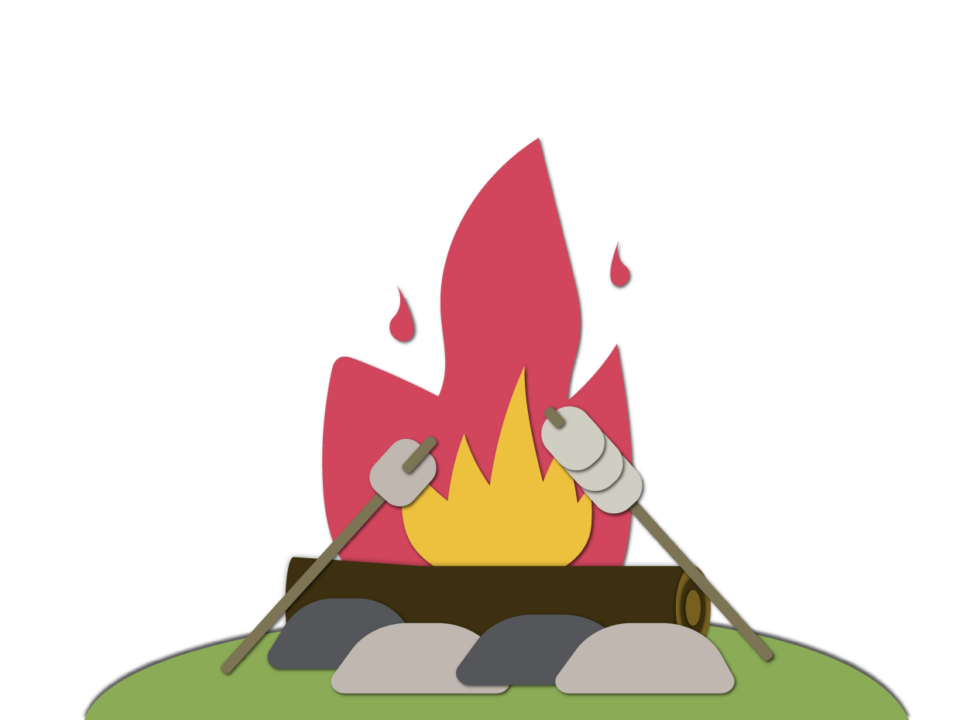On this page you’ll find
What is a recession?
A recession is usually described as an extended period of decline in economic activity. Many economists would say that a recession happens when a country’s gross domestic product (GDP) has declined for two consecutive quarters, or six months. In other words, the economy has been shrinking rather than growing.
However, other indicators of a recession could be a decline in consumer spending or an increase in unemployment. Periods of economic growth are usually characterized by an increase in jobs, corporate profits, and consumer spending. When the opposite is true, this can lead to speculation over whether a recession is coming.
During periods of economic uncertainty, stock market activity as well as household finances can both be affected.
Stock markets fluctuate up and down, but extreme market fluctuations can cause stress leading to emotional decision-making. Learn more about market volatility and behavioural bias.
The effect of rising inflation
Sharp increases in inflation can also lead to speculation over a recession. Inflation is how quickly prices rise for goods and services, year-by-year. For example, the price of a loaf of bread today compared to the previous year. While some amount of inflation is normal, larger spikes in inflation can quickly affect the daily cost of living for average households.
An inflation rate of 1-3% is considered normal, since it is the target range used by the Bank of Canada. When inflation is within this range, many investors would also normally expect to see higher rates of return on their investments, than the rate of inflation. However, during times of high inflation it can be more challenging to see investment returns out-pace inflation.
Dealing with inflation is a challenging task. Central banks try to rein in inflation by raising interest rates. In Canada, the Bank of Canada makes adjustments to the overnight rate — the amount of interest charged to a financial institution by the Bank of Canada for borrowing money overnight. When interest rates continue to rise, this makes it more expensive to borrow the money to purchase larger assets like real estate. At the household level, rate increases make it more expensive to borrow, even while day-to-day spending is also becoming expensive.
Changes in interest rates can affect investments differently. Learn more.
How a recession can affect investing
Increases in the cost of living and borrowing, combined with the overall financial uncertainty over the impact of a potential recession, can be enough to cause personal and financial stress. There is no single best way to respond to such times.
It’s worth remembering that while a recession can negatively impact markets broadly, the stock market is made up of many different industries and investors. Every investment will not perform in an identical way. And, as markets recover, different sectors may emerge more strongly than others. For this reason you may want to review the diversification in your portfolio — diversity of investment type as well as economic sector.
While no one can predict the future, it’s worth keeping in mind that the stock market has recovered from market downturns and recessions in the past. Recovery can take time, but it’s likely that market performance will improve again in the longer term. For this reason, focus your attention on long-term investment goals. If your portfolio and asset mix are still relevant for these goals, it may be best to stick with your plan.
If your investing goals are coming up in the short-term, say within the next three to five years, it may be worth speaking to an advisor about how to manage your portfolio.
Ways to manage your saving and investing during a recession
- Pay off debt. If borrowing has become more expensive, then any amount you owe will increase due to higher interest rates. Paying down debt will help reduce the financial burdens your future self may need to deal with.
- Manage your spending. If prices are rising, then it’s likely you’ve already started looking at your monthly spending habits. As much as possible, find ways to reduce your spending to help your budget stretch further.
- Review your asset mix and diversification. As an investor, one of the best ways to reduce risk is through diversification of your portfolio. For example, having a mix of asset classes or investment types, or, investments across different industrial sectors. If your time horizon is long, then your portfolio may be able to handle some ups and downs even if a recession affects most parts of the market.
- Check in with your advisor. There are many ways a financial advisor can help, especially if you have a shorter time horizon to plan for or are retiring in the next few years.
